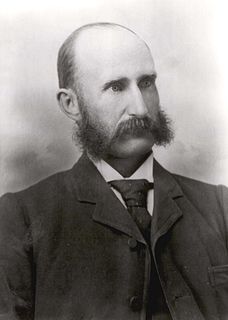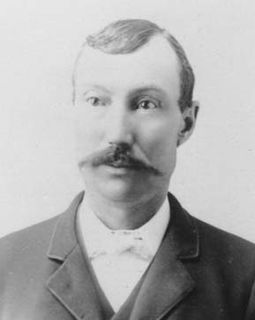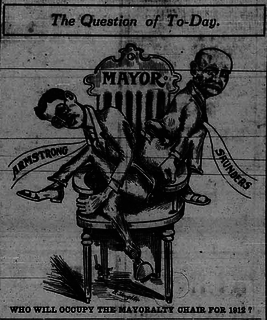
The Edmonton City Council is the governing body of the City of Edmonton, Alberta, Canada.
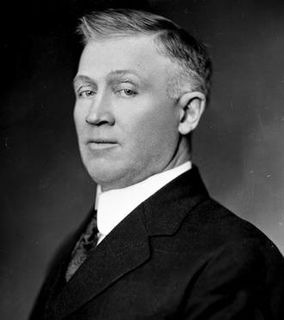
Joseph Andrew Clarke was a Canadian politician and lawyer. He served twice as mayor of Edmonton, Alberta, was a candidate for election to the House of Commons of Canada and the Legislative Assembly of Alberta, and was a member of the Yukon Territorial Council.
The first of two 1896 municipal elections was held January 13, 1896 to elect the town council, five trustees for the public school division and four trustees for the separate school division.
The 1899 municipal election was held December 11, 1899. It was the first municipal election in which only a portion of the aldermen were to be elected; in 1898, three of the six aldermen elected were elected to two-year terms in preparation for a system in which only half of the aldermen would be up for election each year. Kenneth McLeod, Alfred Jackson, and Kenneth W. MacKenzie were all only halfway through their two-year terms at the time of the election. However, MacKenzie resigned in order to become mayor, leaving council with four vacancies. Only three were filled by the election; council appointed Henry Goodridge to fill the fourth seat until the 1900 election.
The 1900 municipal election was held December 10, 1900 for the purpose of electing a mayor and three aldermen to sit on the Edmonton Town Council, as well as five public school trustees and four separate school trustees.
The 1901 municipal election was held December 9, 1901 for the purpose of electing a mayor and four aldermen to sit on the Edmonton Town Council, as well as five public school trustees and five separate school trustees.
The 1907 municipal election was held December 9, 1907, for the purpose of electing a mayor and five aldermen to sit on the Edmonton City Council, as well as five public school trustees and six separate school trustees. There were also four proposed bylaws put to a vote of the electorate concurrently with the election.
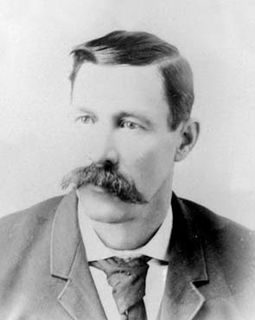
James Goodridge was a politician in Alberta, Canada and a municipal councillor in Edmonton.

John Cameron was a merchant and politician in Alberta, Canada and a municipal councillor in Edmonton. He is regarded as one of the city's pioneer citizens.

John Alexander McDougall was a politician in Alberta, Canada, a municipal councillor and mayor in Edmonton, and a member of the Legislative Assembly of Alberta.
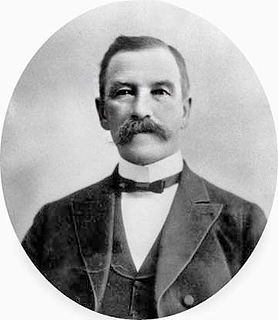
Thomas Bellamy was a politician in Alberta, Canada and a municipal councillor in Edmonton.

Cornelius Gallagher was a meat merchant and politician in Alberta, Canada. He served as a municipal councillor and briefly as the third mayor of Edmonton.

William Somerville Edmiston was an architect and politician in present-day Alberta, Canada. He was a member of the Edmonton Town Council and for two terms, the mayor of Edmonton.
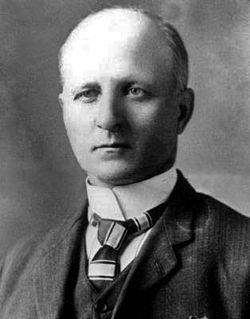
Charles May was Canadian contractor and politician. He served on the Edmonton City Council and later as Mayor of Edmonton from 1905 to 1906.

George Seale Armstrong was a Canadian businessman and politician. He served on the Edmonton City Council from 1907 to 1910 and as Mayor of Edmonton from 1910 to 1912.
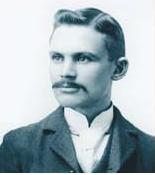
William Thomas Henry was a politician, real estate agent and businessman in Alberta, Canada. He served numerous years on Edmonton City Council as an Alderman from 1900 to 1902 and later as mayor from 1914 to 1917. He also served as a member of the Legislative Assembly of Alberta from 1924 to 1926 sitting with the Liberal caucus.
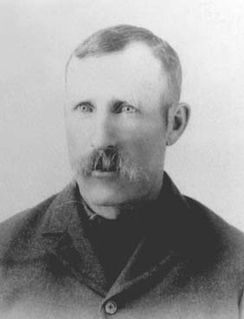
Henry Goodridge was a politician and municipal councillor in Edmonton, Alberta, Canada.

Thomas James Walsh was a politician in Alberta, Canada. He served as alderman on the Edmonton City Council from 1912 until 1913.

Rice Sheppard was a politician and farmers' activist in Alberta, Canada. He served on Edmonton City Council for many years, ran for mayoral, provincial, and federal office, and was an executive member of the United Farmers of Alberta.








